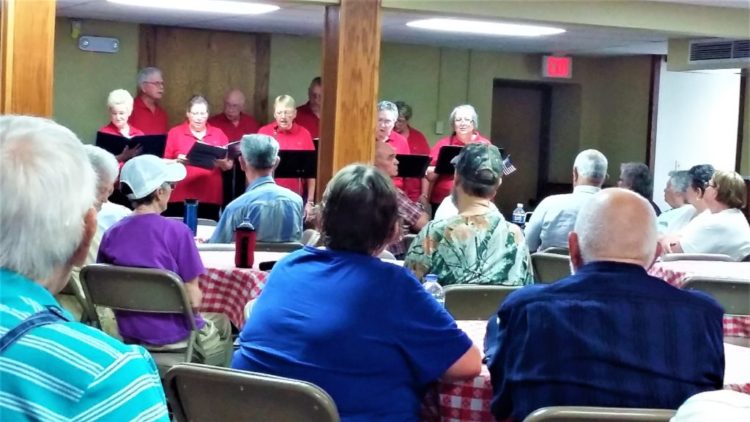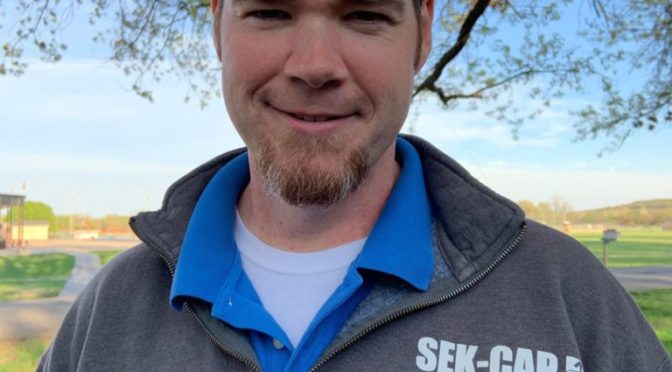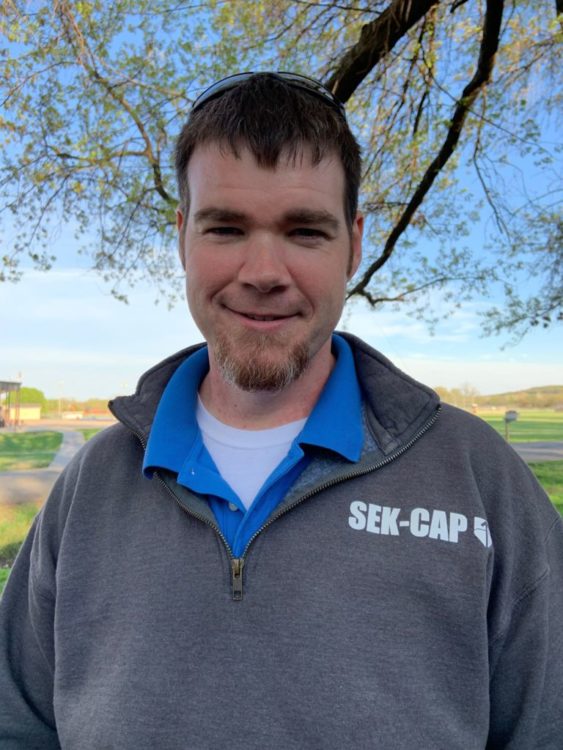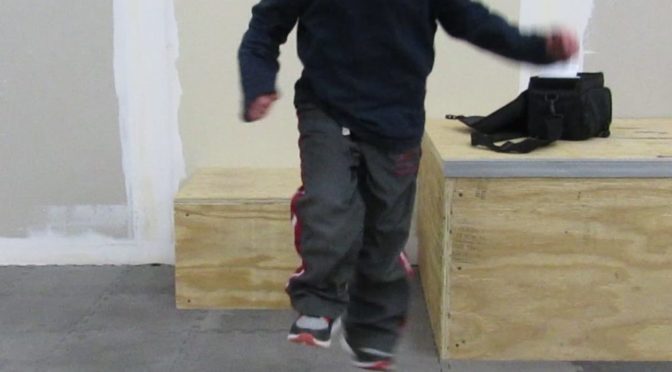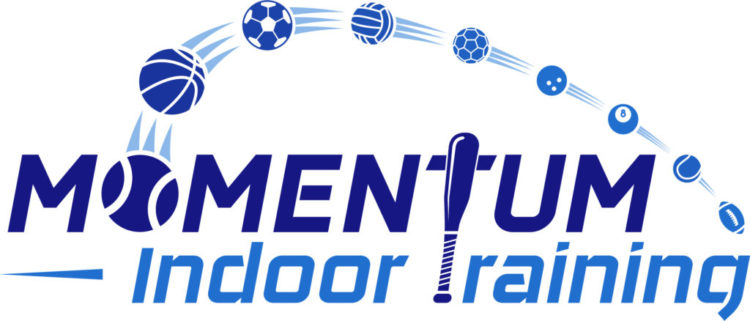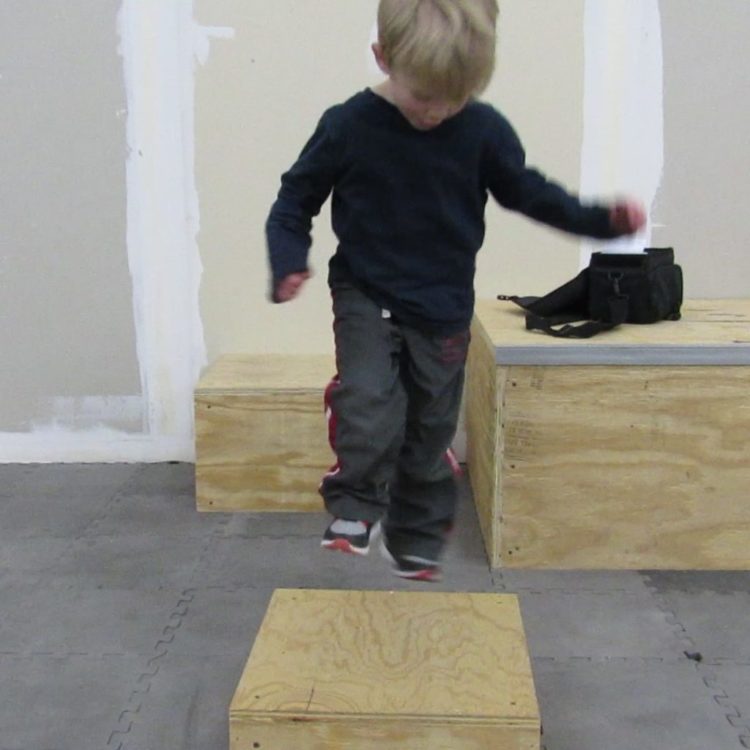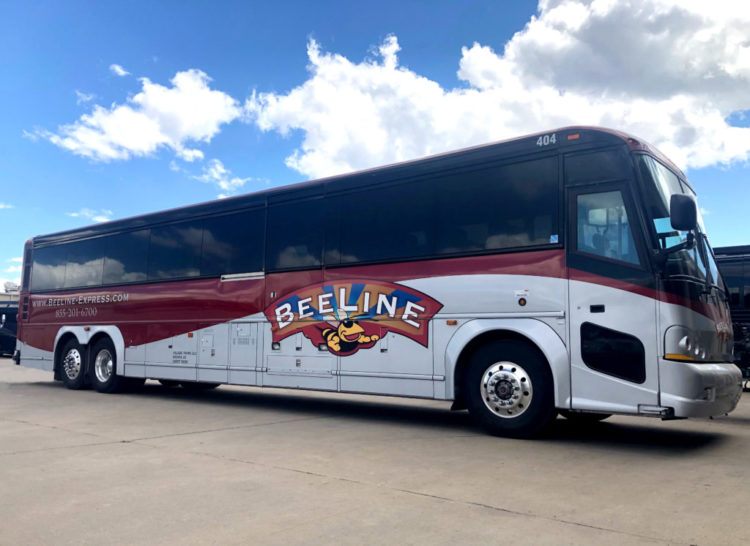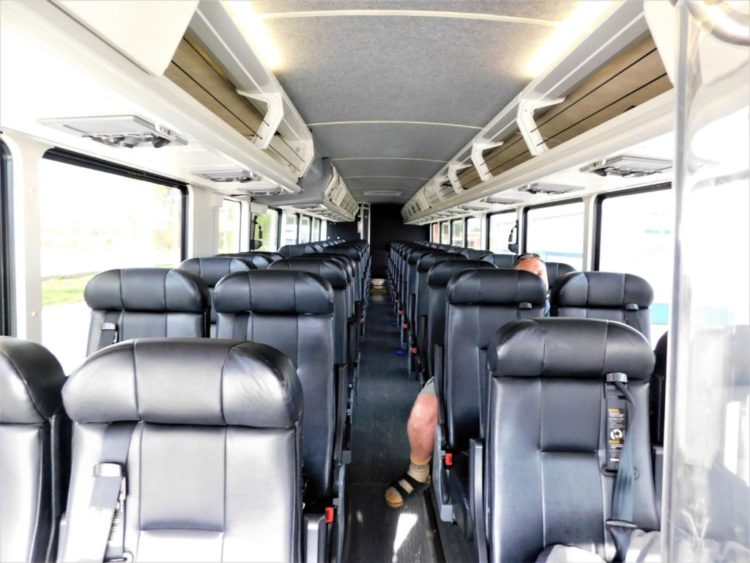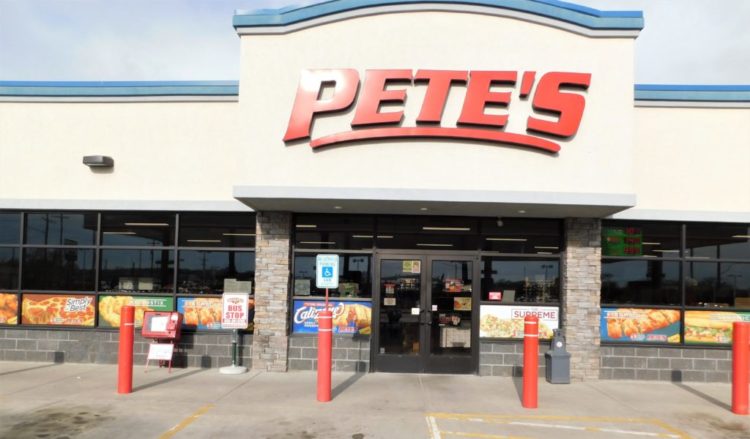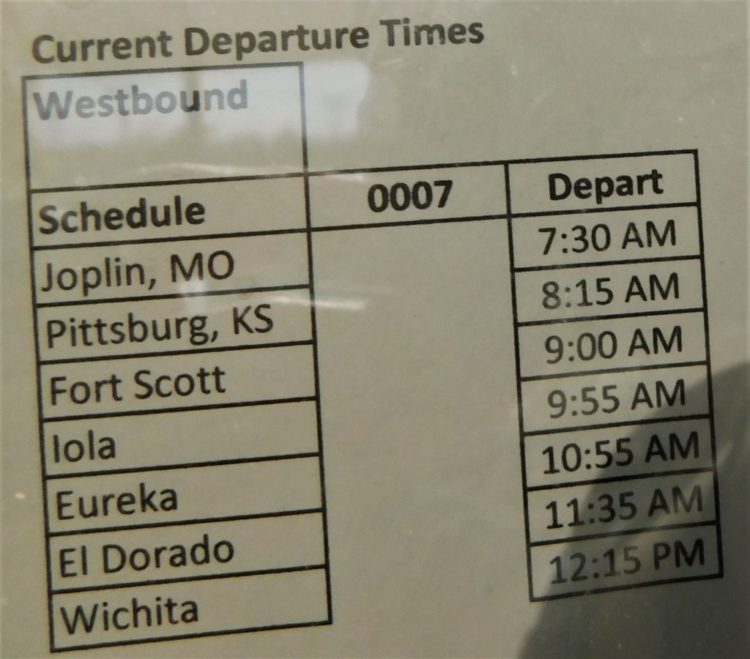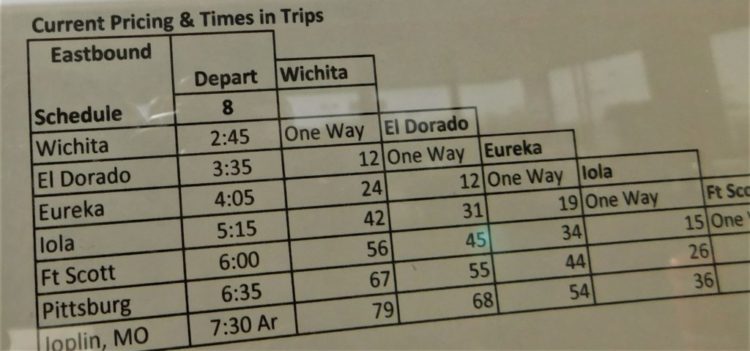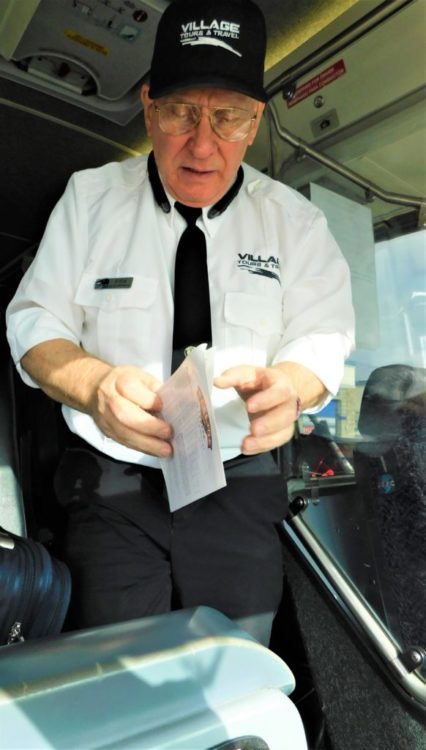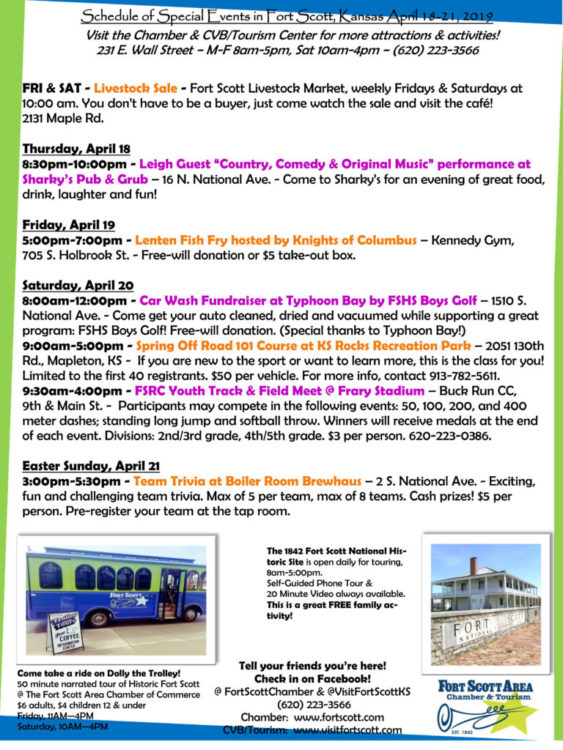
District Extension Agent, Horticulture
Southwind Extension District
111 S. Butler
Erie, KS 66733
Office: 620-244-3826
Cell: 620-496-8786
Thank goodness spring has finally sprung!
Everyone I talk to seems to have been more than ready for winter to leave. I know many gardeners have been out working the soil and getting plants in the ground. If you have been or are getting ready to be in the garden, think about adding some transplant solutions (fertilizer) to give your plants a jump start.
Transplant solutions are mild fertilizer solutions that are applied to newly transplanted vegetables and flowers. Transplant solutions are also called starter solutions or root stimulators. Plants not given a transplant solution often develop a purplish tinge to the leaves caused by phosphorus deficiency.
The soil may actually have plenty of phosphorus in it, but plants have difficulty taking up nutrients in cool soils. A starter solution places soluble nutrients near the roots so the plants get off to a good, strong start.
Transplant solutions are available for sale but it is also possible to make your own. You will need to use a fertilizer that contains more phosphorus than nitrogen or potassium such as a 5-10-5 or 10-20-10. Mix 2 to 3 tablespoons of one of the previously mentioned fertilizers in a gallon of water several hours before use. The fertilizer won’t completely dissolve but enough will go into solution to get the plants off to a good start. Use about 1 cup of transplant solution for each transplant.
Sidedressing is the term used to describe fertilization done after the plants are established. A fertilizer containing primarily nitrogen is used to keep plants growing and productive.
Nitrate of soda (16-0-0) is often used at the rate of 2 pounds fertilizer per 100 feet of row. More commonly available lawn fertilizers such as 30-3-3, 29-5-4 or something similar can also be used but cut the rate in half. Caution – do not use any lawn fertilizer that contains weed preventers or weed killers.
The Extension office has a sidedressing sheet available that lists crops, rate of fertilizer application and time of application(s) for many common vegetables as well as annual flowers.
If you would like to visit with me in person, I am once again doing an office rotation through the growing season.
You can find me in the Erie office on Monday and Friday; the Iola office on Tuesday; Fort Scott on Thursday; Yates Center on Wednesday morning and the Chanute Recreation Center on Wednesday afternoon.

